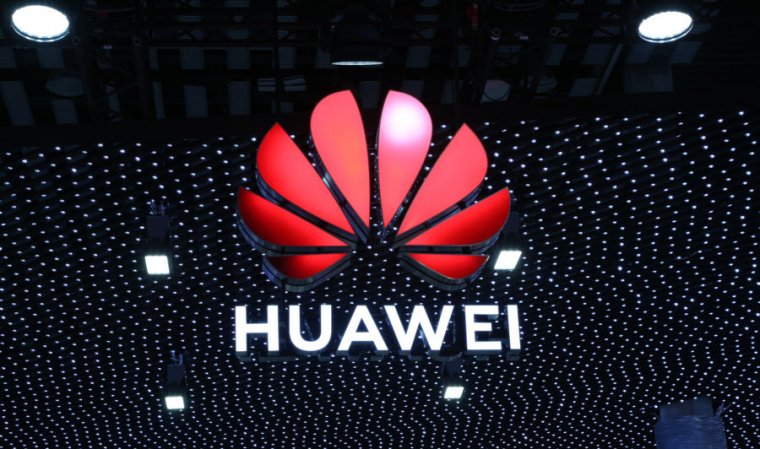Huawei / ZTE ban –
New purchases banned, and ISPs may have to rip out existing Huawei and ZTE gear.

The Federal Communications Commission today (votedunanimously to ban Huawei and ZTE equipment in projects paid for by the FCC’s Universal Service Fund (USF).
Thebaninitially affects future projects paid for by the USF and the use of federal funding to maintain existing equipment. But the FCC is also taking public comment on another plan to require removal of Huawei and ZTE equipment from networks that have already been built. The FCC order establishes a process for identifying other companies whose equipment should be subject to the same ban, too.
Huawei and ZTE are the first ban targets because they “have close ties to China’s Communist government and military apparatus,” FCC Chairman Ajit Pai said. “Both companies are subject to Chinese laws broadly obligating them to cooperate with any request from the country’s intelligence services and to keep those requests secret. Both companies have engaged in conduct like intellectual property theft, bribery, and corruption.”
Pai warned that “hidden ‘backdoors’ to our networks in routers, switches, and other network equipment can allow a hostile adversary to inject viruses and other malware, steal Americans’ private data, spy on US companies, and more. “
The Huawei / ZTE ban will take effect immediately after the FCC order is published in the Federal Register.
The Universal Service Fund distributes $ 8.5 billion a year and is paid for by Americans through fees on their phone bills. The program includes the Connect America Fund, which gives ISPs money to deploy broadband in rural areas; Lifeline, which provides discounts on phone and broadband service to low-income consumers; the E-Rate broadband program for schools and libraries; and a telecom access program for rural health-care providers.
If the FCC eventually requires ripping out existing Huawei and ZTE equipment, it’s not clear how much money the government would contribute toward that process. The FCC said it is “seek [ing] comment on how to pay for such removal and replacement.”
Problems for small ISPs
All five members of the Republican-majority commission approved the order, but Democrat Jessica Rosenworcel said she worries that the Trump administration will undermine its effectiveness. She said:
When the United States government pursues action against Huawei or ZTE, its objective should be security. But in Washington right now, I fear these issues can easily get swept up into broader trade matters. Despite our actions today, we have to grapple with the fact that at any moment the administration could trade away our security objectives for some momentary advantage in bilateral trade negotiations. I hope that does not occur, but let’s be honest, it has happened before, when this administration reversed course on banning ZTE from doing business in the United States. If it happens again, it will have serious consequences for our credibility.
Democrat Geoffrey Starks said that rural wireless Internet providers make heavy use of Huawei and ZTE equipment and that they will need significant help from the government to replace it. “These carriers are made up of hard-working men and women that serve hard-to-reach communities that the major carriers can’t or won’t serve, operating with small teams and tight budgets,” Starks said.
Republican Michael O’Rielly discussed another potential problem for small carriers, who will not be allowed to use federal funding to maintain existing Huawei and ZTE equipment.
“Our decision to prohibit the use of USF funds to maintain, modify, or support covered equipment in any way may result in some providers having to replace equipment earlier than scheduled when minor changes or repairs need to be made, “O’Rielly said. “Unfortunately, these costs will mostly affect the nation’s smaller providers, which are more likely to have covered equipment and may be relying on USF dollars to remain viable.”
As part of its evaluation of how to replace existing equipment, Pai said the FCC is requiring carriers to “submit information on their use of equipment from Huawei and ZTE as well as the potential costs associated with removal and replacement of such equipment. “






GIPHY App Key not set. Please check settings